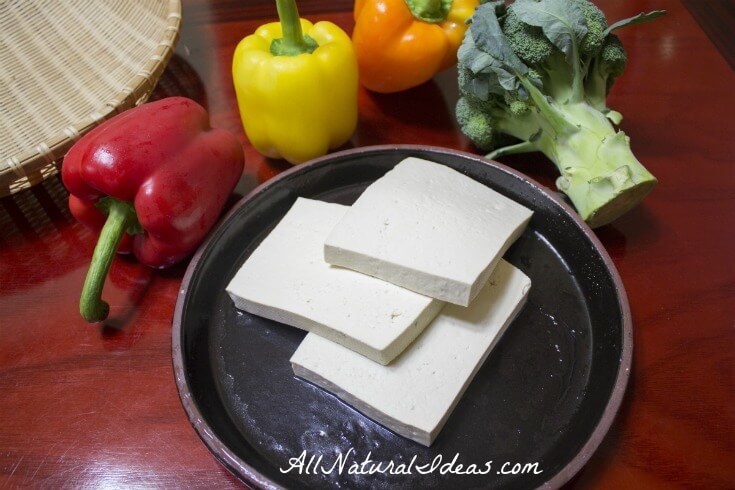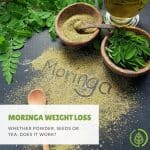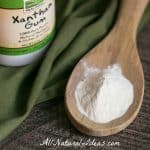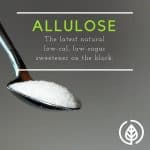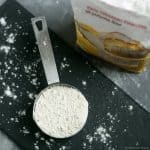There’s a lot of controversial information on tofu and soy in general. Yet Asians have eaten if for years. What’s the story? Is tofu healthy or not?
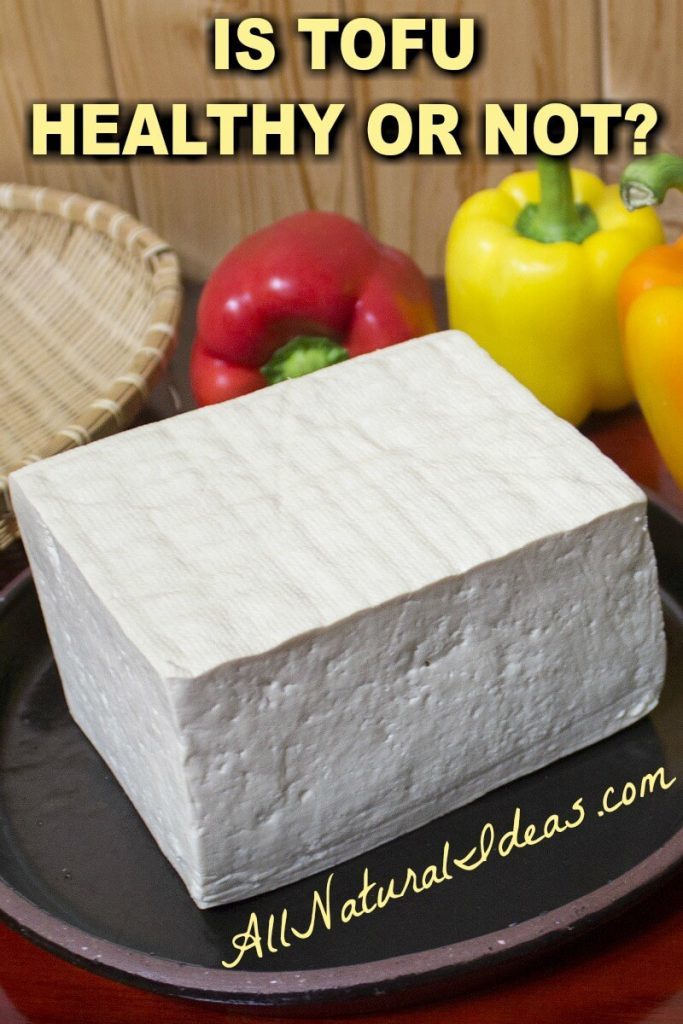
Is tofu healthy or unhealthy? Just visit any supermarket and you’ll find tofu hot dogs. Tofu bacon. Tofu ice cream. Tofu pasta. Tofu (soy) milk and lots of other products with soy.
Soy is a multi-billion dollar industry. Tofu makes up just a soybean fraction, estimated in the hundreds of millions for annual sales in the U.S.A. But tofu’s popularity is forecasted to continue to grow slowly but steadily over the next several years. That’s because more and more people are understanding the importance of a healthy and primarily plant-based diet.
But are these blocks of mashed soybean curds known as tofu really healthy?
The short answer: it depends.
Asking if tofu is healthy, and soy in general, is no different than asking if beef is healthy. Beef is healthy if it’s grass-fed and organic pasture-raised (and poetry-read and Shiatsu massaged). Red meat is unhealthy if it’s sourced from grain-fed, factory-farmed cattle.
Isoflavones: The All-Star Phytonutrient?
Advocates for tofu claim that it’s a superfood because it contains isoflavones. Isoflavones are chemicals found only in plants. There are several types of isoflavones. Some of them are classified as antioxidants, which help protect cells from free-radical damage.
Some research supports the health benefits of tofu. It’s antioxidant properties found in the isoflavones have shown to protect the cardiovascular system from oxidation of LDL cholesterol. Genistein is one isoflavone found in tofu. Some research has shown that it inhibits the growth of cells that form artery-clogging plaque.
But tofu also has a dark side (not literally; it’s all white): isoflavones are phyto- (meaning ‘plant’)-estrogens. This means that there’s a possibility that when you eat tofu, and certainly a lot of it, you may alter the estrogen balance in your body.
Critics of tofu point out that there are far too many endocrine-disruptors in our environment such as plastic. So eating tofu further interferes with the body’s natural estrogen fluctuations, anti-soy crusaders argue.
Does Tofu Inhibit or Cause Breast Cancer?
But tofu lovers point out that because isoflavones are a weaker form of estrogen than what’s naturally produced in the human body, tofu may actually help prevent breast cancer. Here’s how: the human body has estrogen receptor sites. Isoflavones block the stronger estrogen from attaching to the receptors. Breast cancer has been linked to high serum (blood) level of estrogen. Therefore, weaker estrogen such as that found in isoflavones may protect against higher levels, supporters of isoflavones say.
There are other reported health benefits of tofu, including relief from hot flashes and other symptoms of menopause.
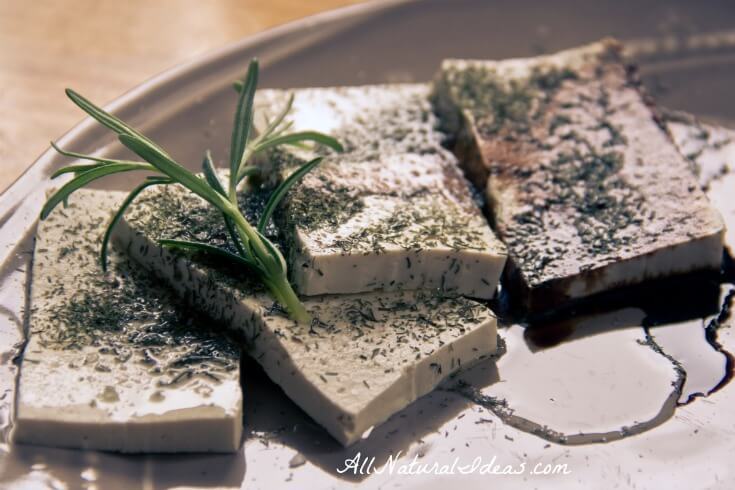
So which is it … is tofu healthy or unhealthy?
By now, you probably still are no closer to determining the answer. Is tofu healthy for you It truly is one of the biggest nutrition debates, right up there with eating eggs.
But let’s get back to the beef analogy. Not all beef is created equal. The same is true for soy products. Not all tofu is equal.
We’ll get back to that point soon. First, though, let’s look at what one review of isoflavones, published in Environmental Health Perspectives had to say about the health benefits mentioned above, which summarizes the soy/tofu debate:
“Soy isoflavones have been linked with numerous health effects, but the strength of the relationships and whether the effects are beneficial are strongly debated.”
This is the caveat the researchers found:
“[Isoflavones] have potential benefits—if they occur in the body. Caution is necessary when predicting in vivo [human] potency from in vitro [test tube] systems…. In vitro tests have used genistein concentrations that may be five times higher than the peak concentrations seen in human serum … Animal studies also require careful extrapolations due to how exposure occurs, interspecies differences in metabolism, and comparability of the stage of development at which exposure occurs.”
In other words, just because isoflavones have shown benefit in a test tube or rats does not mean the strength of isoflavones is as effective in the human body.
Isoflavones: Dangerous?
In fact, some research has shown that isoflavones may by unhealthy.
Genistein, the main isoflavone, has been shown to induce uterine adenocarcinoma (a cancer) in mice and premature puberty in rats. A study published in Biology of Reproduction linked genistein with abnormal menstrual cycle, altered ovarian function, and infertility in mice.
Remember the supposed health benefit of tofu mentioned earlier, that it protects against breast cancer? Researchers concluded, in a study published in Nutrition and Cancer, “Soy food and its constituents may protect against breast cancer, but the association between soy intake and decreased breast cancer risk is inconsistent.”
Worse yet, a study published in the Journal of American College of Nutrition examined midlife tofu consumption and brain function. Their mind-boggling conclusion (pardon the pun): “Higher midlife tofu consumption was independently associated with indicators of cognitive impairment and brain atrophy in late life.”
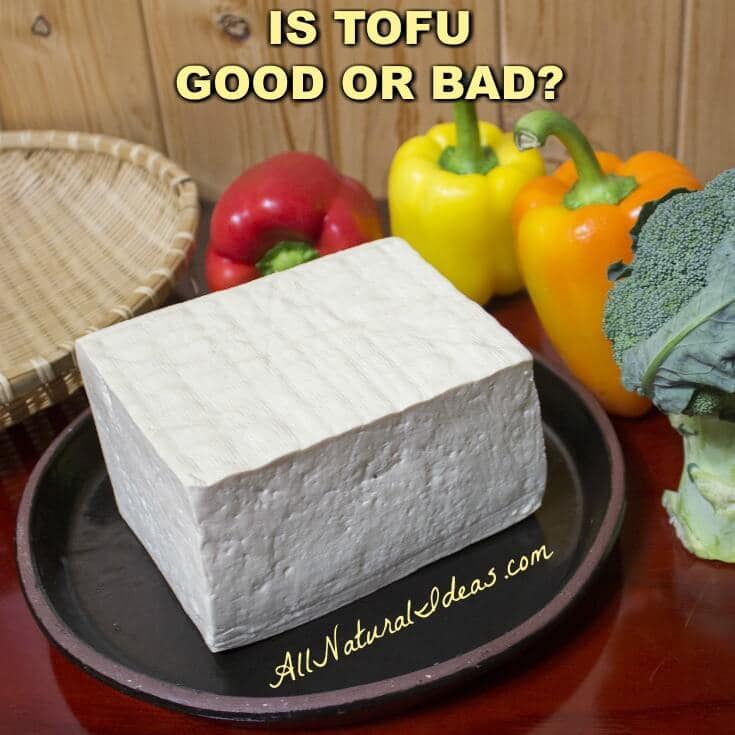
Another study, this one monitoring Chinese senior citizens with high tofu consumption, published in Journal of Alzheimer’s Disease, showed that a higher weekly intake of tofu was associated with worse memory performance in the study participants.
Can you see why the tofu debate is maddening? Some research points to tofu being super healthy. Other research not only finds that it’s not that healthy, but in fact, can be detrimental to health.
So what’s the bottom line … is tofu healthy or not?
Remember earlier in this debate on tofu it was pointed out that not all tofu is equal? One review of tofu’s health benefits, published in the Journal of the American Dietetic Association concluded that tofu (the block of it) contained the highest amounts of isoflavones compared to soy milk.
The amount of isoflavones in tofu varied from brand to brand, too, the study concluded. The study also found that soy formula has no isoflavone benefit or value. In fact, a prominent health organization crusades against mothers feeding babies soy formula, and lists several reasons why some soy is unhealthy. Some of these reasons are:
- High phytic acid in soy means your body doesn’t assimilate certain nutrients
- Soy interferes with protein digestion and may cause pancreatic cancer
- Soy processing produces MSG, a neurotoxin
- Processed soy contains aluminum, toxic to the nervous system and kidneys
Before Throwing Away Your Tofu, Read This Conclusion:
Consumption of tofu may be healthy, but only if the tofu is fermented. Tempeh, natto and miso soup are two forms of fermented soy. Asian cultures eat primarily this form of tofu and have been doing so for centuries. Fermented tofu may contribute to certain pockets of populations in Asian cultures living to 100 or beyond. One reason fermented soy is better is that it may reduce allergy reactions. Fermented soy may also have a better amino acid profile that unfermented tofu products.
The process of fermenting tofu products also may get rid of the phytic acid and other compounds that may interfere with digestion. And finally, fermented tofu seems to greatly reduce isoflavone levels. Isn’t it ironic that fermented soy gets rid of the main compounds–isoflavones–that people who love tofu claim is so healthy?
Back to the question: Is tofu healthy or not?
Bottom line: eating a little bit of fermented tofu is probably good for your health. Eating processed tofu/soy, just like processed anything else: very bad.
